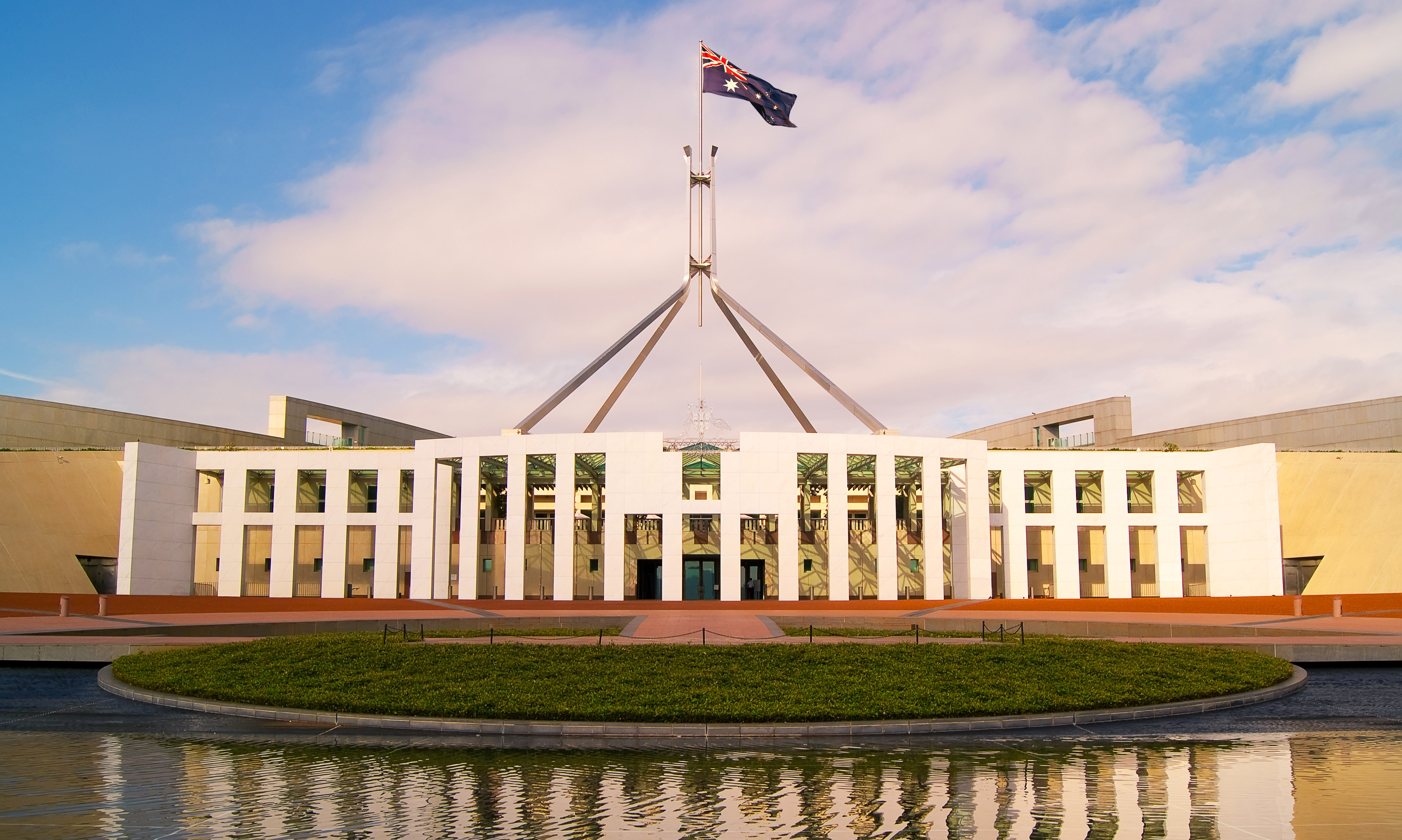Fast Track
Fast Track Impact is an international training company working in the Higher Education and research and innovation sectors. They state that their mission is “to change the way researchers generate and share knowledge, so that their ideas can change the world”. They provide an array of freely available resources and publications that researchers may find helpful.
The London School of Economics (LSE) Impact Blog
The London School of Economics (LSE) Impact Blog states that it is “a hub for researchers, administrative staff, librarians, students, think tanks, government, and anyone else interested in maximising the impact of academic work in the social sciences and other disciplines. We hope to encourage debate, share best practice and keep the impact community up to date with news, events and the latest research”.
Analysis & Policy Observatory (APO)
Analysis & Policy Observatory (APO) makes public policy research visible, discoverable and usable.Subscribe for regular updates. Upload and publish reports, papers, data and more. Search the APO database.
Policy Scotland
Policy Scotland fosters co-operation between academics, practitioners and policy makers, and pool this collective expertise in order to flesh out new initiatives, test the effectiveness of interventions, generate better evidence and engage a wide variety of audiences.

